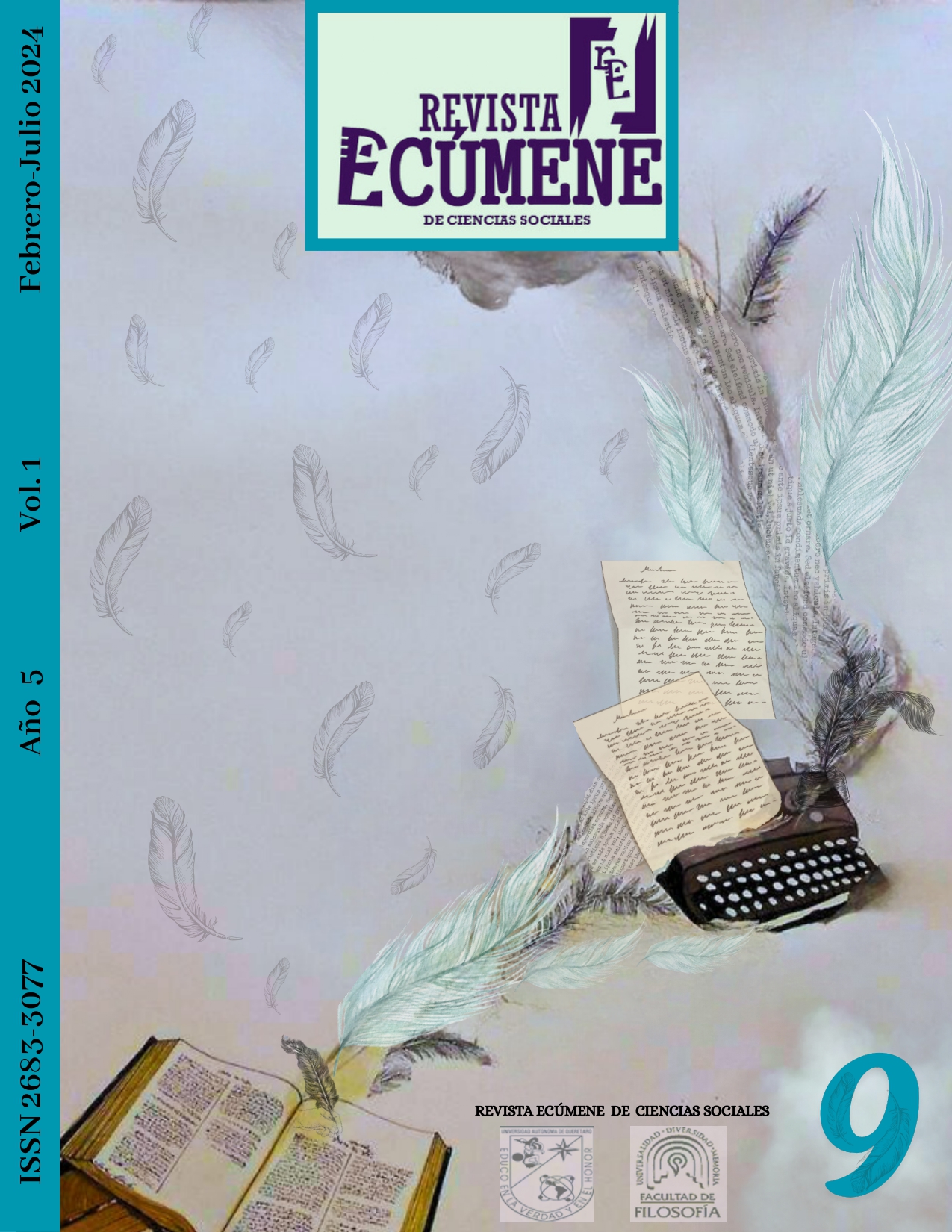Abstract
This work stems from an investigation that analyzes structures of meaning in the false
positives in Soacha in 2008. The aim was to interpret the underlying roots of the
Army's actions, understanding these acts as a product of the interaction between the
State, the Nation, and Capitalism. Beyond being simply the result of a rewards policy,
these crimes are seen as part of the configuration and reproduction of Colombian
society. Violence is conceived as a performative action that dramatizes understandable
meanings. This article presents an initial part of that research: it interprets the events
from economic sociology, exploring the meanings behind the crimes and questioning
the simplistic explanation that the false positives were exclusively the result of a
rewards policy. It is argued that the military involved were not passive and obedient
actors, but conscious and highly creative individuals. First: a brief defense of the
relevance of the economic component in interpreting the phenomenon. Second: a key
concept from Taussig, the capitalist understanding structure, which helps to
understand the connection between economic aspects that give meaning to the crimes.
Third: elements of the economic logic behind the false positives. Finally, we conclude.

This work is licensed under a Creative Commons Attribution-NonCommercial-ShareAlike 4.0 International License.
Copyright (c) 2024 Revista Ecúmene de Ciencias Sociales

